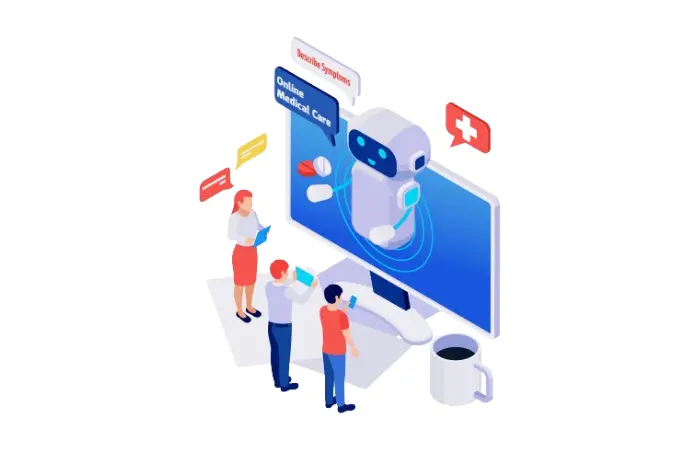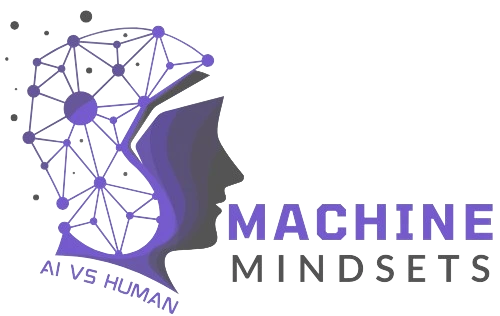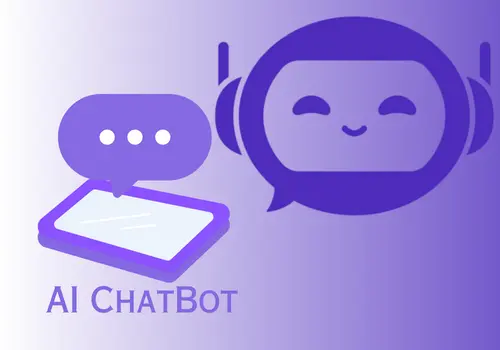In today’s fast-paced digital world, customer support has become a vital aspect of any business. With the increasing demand for instant and efficient customer service, companies are turning to artificial intelligence (AI) chatbots to enhance the customer experience. AI chatbots are computer programs designed to simulate human conversation and provide automated responses to customer queries.
These intelligent chatbots are revolutionizing the way businesses interact with their customers, offering 24/7 support and personalized assistance.
Table of Contents
The role of AI chatbots in enhancing customer experience
AI chatbots play a crucial role in enhancing the customer experience by providing quick and accurate responses to customer queries. Unlike human agents, chatbots can handle multiple conversations simultaneously, ensuring that no customer is left waiting. They are available round the clock, eliminating the need for customers to wait for business hours to receive support.
Moreover, AI chatbots are equipped with natural language processing capabilities, allowing them to understand and respond to customer queries in a conversational manner. This makes the customer feel heard and understood, leading to a more positive customer experience.
AI chatbots are also capable of personalizing the customer experience by analyzing customer data and previous interactions. By leveraging this data, chatbots can make tailored recommendations, provide relevant information, and offer personalized solutions to customer issues. This level of personalization not only enhances the customer experience but also increases customer satisfaction and loyalty.
Benefits of using AI chatbots in customer support
Implementing AI chatbots in customer support offers numerous benefits for businesses. Firstly, chatbots are cost-effective compared to hiring and training a large team of human agents. They require minimal maintenance and can handle a high volume of inquiries simultaneously, reducing the need for additional staff. This cost savings can be significant for businesses, especially those operating on a tight budget.
Secondly, AI chatbots improve response time and efficiency in customer support. Unlike humans, chatbots are not susceptible to fatigue or distractions, allowing them to provide instant responses without delays. This quick response time ensures that customers receive the assistance they need promptly, leading to higher customer satisfaction.
Furthermore, chatbots can collect valuable customer data during interactions, which can be used to gain insights into customer preferences, pain points, and behavior patterns. This data can be leveraged to improve products and services, personalize marketing campaigns, and make data-driven business decisions. The ability to gather and analyze customer data is a significant advantage of using AI chatbots in customer support.
AI chatbot statistics in customer support
The use of AI chatbots in customer support is steadily increasing, and the statistics speak for themselves. According to a recent survey, 64% of consumers believe that the 24/7 availability of chatbots is the best feature, while 55% appreciate instant responses.
Furthermore, by 2022, it is predicted that chatbots will save businesses over $8 billion annually. These statistics highlight the growing popularity and effectiveness of AI chatbots in customer support.
Implementing AI chatbots in customer support: Best practices
To ensure a successful implementation of AI chatbots in customer support, businesses should follow some best practices. Firstly, it is essential to clearly define the goals and objectives of deploying chatbots. Understanding the specific problems chatbots are meant to solve will help in designing a chatbot that aligns with the business’s requirements.

Secondly, chatbots should be trained to handle a wide range of customer queries and provide accurate responses. This requires thorough testing and continuous improvement to ensure that the chatbot is equipped with the necessary knowledge and capabilities.
Additionally, businesses should ensure a seamless integration of chatbots into existing customer support systems. This includes integrating chatbots with CRM tools, knowledge bases, and other relevant systems to provide a holistic customer support experience.
How AI chatbots improve response time and efficiency in customer support
One of the significant advantages of AI chatbots in customer support is their ability to improve response time and efficiency. Unlike human agents, chatbots can respond to customer queries instantly, without any delays. This quick response time ensures that customers receive the assistance they need promptly, leading to higher customer satisfaction.
In addition to their quick response time, chatbots can handle multiple conversations simultaneously. They are not limited by human constraints such as fatigue or distractions, allowing them to provide uninterrupted support to multiple customers at once. This multitasking ability significantly improves the efficiency of customer support operations and reduces waiting times.
Moreover, AI chatbots can access vast amounts of information within seconds, allowing them to provide accurate and relevant responses to customer queries. They are equipped with natural language processing capabilities, enabling them to understand and interpret customer inquiries with a high level of accuracy. This ensures that customers receive the information they need quickly and efficiently.
AI chatbots vs. human support: Finding the right balance
While AI chatbots offer numerous benefits in customer support, it is essential to find the right balance between chatbot interactions and human support. While chatbots are efficient in handling routine and repetitive inquiries, there are instances where human intervention is necessary. Complex issues, sensitive matters, or situations requiring empathy are best handled by human agents who can provide a personal touch.
Finding the right balance between chatbots and human support involves identifying the types of queries that can be effectively handled by chatbots and those that require human intervention. This ensures that customers receive quick responses to routine inquiries while also having access to human agents when needed.
Examples of successful AI chatbot implementations in customer support
Several companies have successfully implemented AI chatbots in their customer support operations. One such example is Bank of America, which introduced Erica, an AI-powered virtual assistant. Erica assists customers with a wide range of banking tasks, from checking account balances to providing financial insights. Customers can interact with Erica through voice or text, making it a convenient and user-friendly experience.
Another example is Sephora, a beauty retailer that uses an AI chatbot called Sephora Virtual Artist. This chatbot allows customers to try on different makeup products virtually, providing personalized recommendations and tutorials. The chatbot enhances the customer experience by offering a unique and interactive way to explore and purchase beauty products.
These successful implementations demonstrate the potential of AI chatbots in customer support and how they can offer personalized assistance and improve the overall customer experience.
Choosing the right AI chatbot platform for your business
Selecting the right AI chatbot platform is crucial to ensure a successful implementation in customer support. When choosing a platform, businesses should consider factors such as ease of integration, scalability, customization capabilities, and security.
Additionally, it is essential to evaluate the platform’s natural language processing capabilities and its ability to understand and respond to customer queries accurately. The platform should also provide robust analytics and reporting features to track the performance and effectiveness of the chatbot.
Furthermore, businesses should consider the platform’s support and maintenance services. A reliable and responsive support team is essential for troubleshooting issues and ensuring the smooth operation of the chatbot.
Future trends and advancements in AI chatbots for customer support
The future of AI chatbots in customer support looks promising, with several trends and advancements on the horizon. One trend is the integration of chatbots with voice assistants such as Amazon’s Alexa and Google Assistant. This integration will allow customers to interact with chatbots using voice commands, providing a more seamless and natural conversational experience.
Another trend is the use of chatbots in social media platforms to offer customer support. Businesses can leverage chatbots to respond to customer inquiries and resolve issues through platforms like Facebook Messenger and WhatsApp. This enables businesses to meet customers where they are and provide support on their preferred platforms.
Advancements in natural language processing and machine learning will also contribute to the evolution of AI chatbots. These advancements will enable chatbots to understand and respond to more complex and nuanced inquiries, further improving the customer experience.
Conclusion
AI chatbots are revolutionizing customer support by enhancing the customer experience, improving response time and efficiency, and providing personalized assistance. The rising influence of AI chatbots in customer support is evident from the numerous benefits they offer, including cost savings, 24/7 availability, and data-driven insights.
By following best practices, finding the right balance between chatbots and human support, and choosing the right platform, businesses can leverage AI chatbots to provide exceptional customer support.
As the future of AI chatbots in customer support continues to evolve, businesses can expect even more advancements and innovations. The integration of chatbots with voice assistants and social media platforms, as well as advancements in natural language processing, will further enhance the capabilities of AI chatbots. By embracing these future trends, businesses can stay ahead of the competition and deliver exceptional customer support using AI chatbots.

